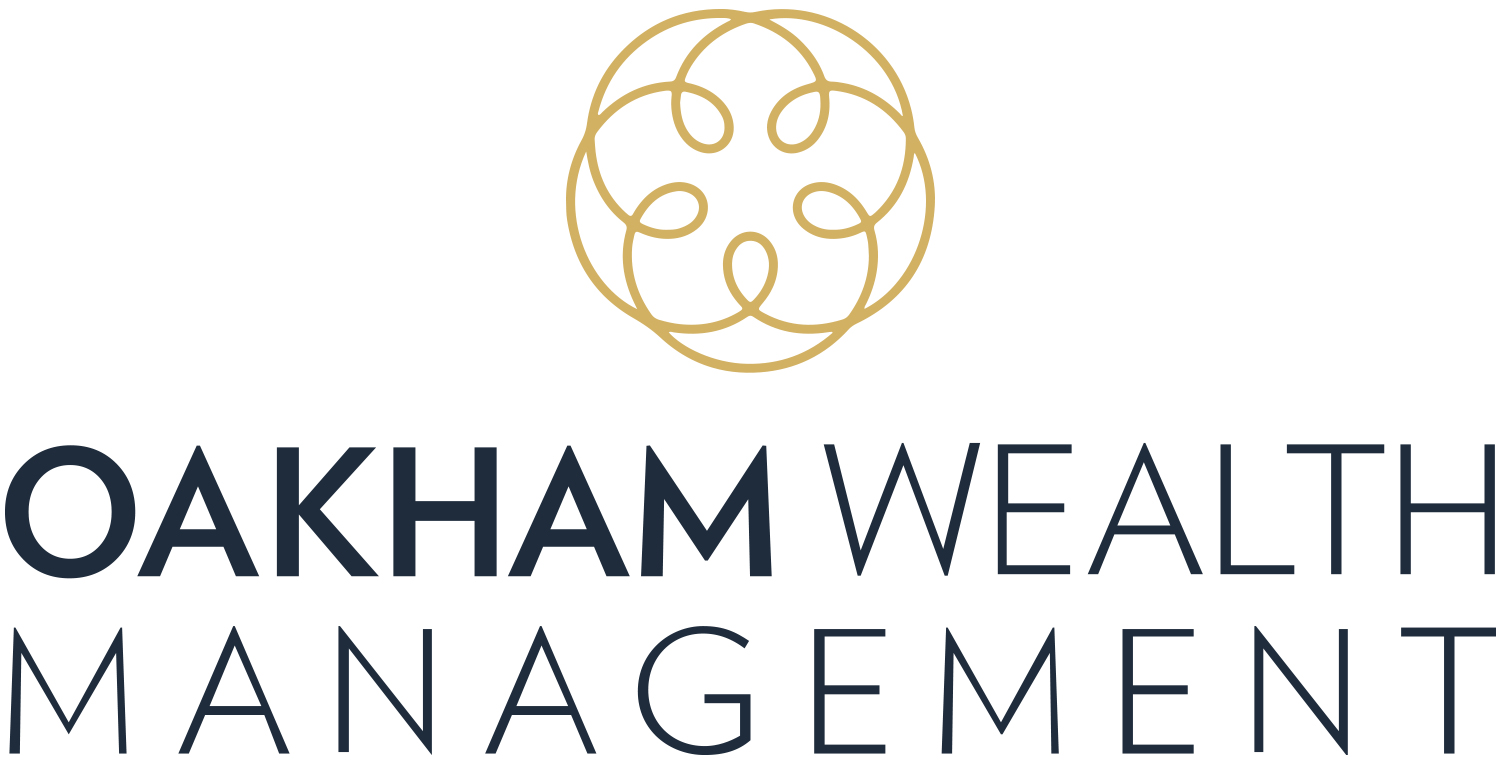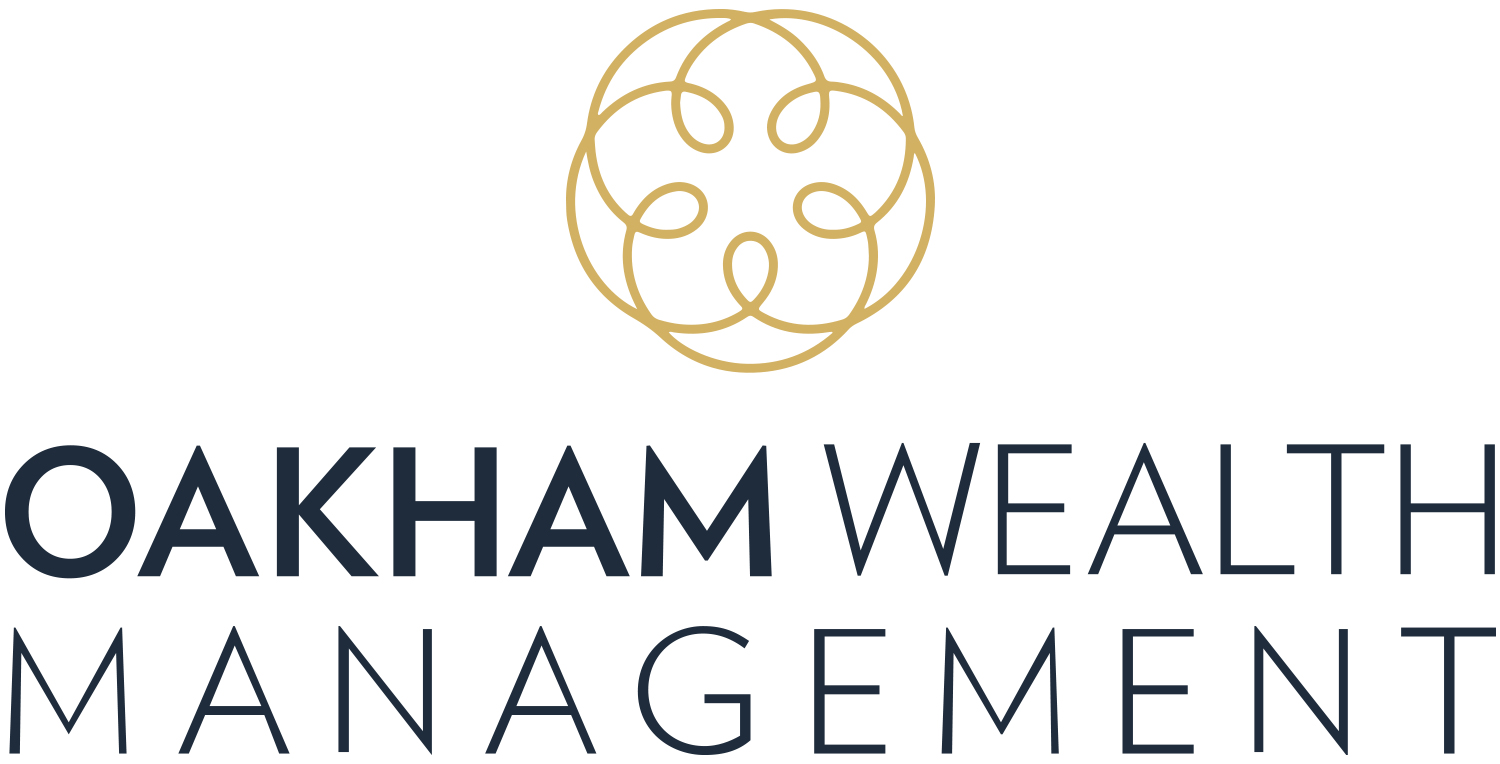

Oakham Wealth Management Ltd

London, United Kingdom
January 2022
Investment advising
Service with Minor Environmental Footprint
United Kingdom
Oakham Wealth Management is an independent investment boutique, established in 2004, with offices in Mayfair and Kensington. Oakham provides bespoke services for private clients, families, trusts and charities with portfolio sizes ranging between £500,000 and £20m. In addition, a Model Portfolio Service (MPS) is provided to professional advisor clients, and, since 2010, the firm has managed its own global fund range, incorporating equity, fixed income, and alternatives strategies. The firm’s investment strategy invests across the globe via a broad range of asset classes, according to the principles of ‘quality’ investing, designed to achieve a superior risk adjusted return over the long term. Over the years, the investment strategy has evolved to be increasingly responsible and sustainable, adhering to principles of environmental, social and governance (ESG). Oakham is a signatory of the United Nations Principles For Responsible Investment (UNPRI), the UK Sustainable Investment and Finance Association (UKSIF), the Net Zero Asset Managers Initiative (NZAM), the Better Business Act, the Terra Carta, and the Living Wage Foundation. Oakham Wealth Management is authorised and regulated by the UK Financial Conduct Authority (FCA).
Overall B Impact Score
Governance 19.7
Governance evaluates a company's overall mission, engagement around its social/environmental impact, ethics, and transparency. This section also evaluates the ability of a company to protect their mission and formally consider stakeholders in decision making through their corporate structure (e.g. benefit corporation) or corporate governing documents.
What is this? A company with an Impact Business Model is intentionally designed to create a specific positive outcome for one of its stakeholders - such as workers, community, environment, or customers.
Workers 31.0
Workers evaluates a company’s contributions to its employees’ financial security, health & safety, wellness, career development, and engagement & satisfaction. In addition, this section recognizes business models designed to benefit workers, such as companies that are at least 40% owned by non-executive employees and those that have workforce development programs to support individuals with barriers to employment.
Community 22.3
Community evaluates a company’s engagement with and impact on the communities in which it operates, hires from, and sources from. Topics include diversity, equity & inclusion, economic impact, civic engagement, charitable giving, and supply chain management. In addition, this section recognizes business models that are designed to address specific community-oriented problems, such as poverty alleviation through fair trade sourcing or distribution via microenterprises, producer cooperative models, locally focused economic development, and formal charitable giving commitments.
Environment 6.6
Environment evaluates a company’s overall environmental management practices as well as its impact on the air, climate, water, land, and biodiversity. This includes the direct impact of a company’s operations and, when applicable its supply chain and distribution channels. This section also recognizes companies with environmentally innovative production processes and those that sell products or services that have a positive environmental impact. Some examples might include products and services that create renewable energy, reduce consumption or waste, conserve land or wildlife, provide less toxic alternatives to the market, or educate people about environmental problems.
Customers 22.0
Customers evaluates a company’s stewardship of its customers through the quality of its products and services, ethical marketing, data privacy and security, and feedback channels. In addition, this section recognizes products or services that are designed to address a particular social problem for or through its customers, such as health or educational products, arts & media products, serving underserved customers/clients, and services that improve the social impact of other businesses or organizations.
What is this? A company with an Impact Business Model is intentionally designed to create a specific positive outcome for one of its stakeholders - such as workers, community, environment, or customers.